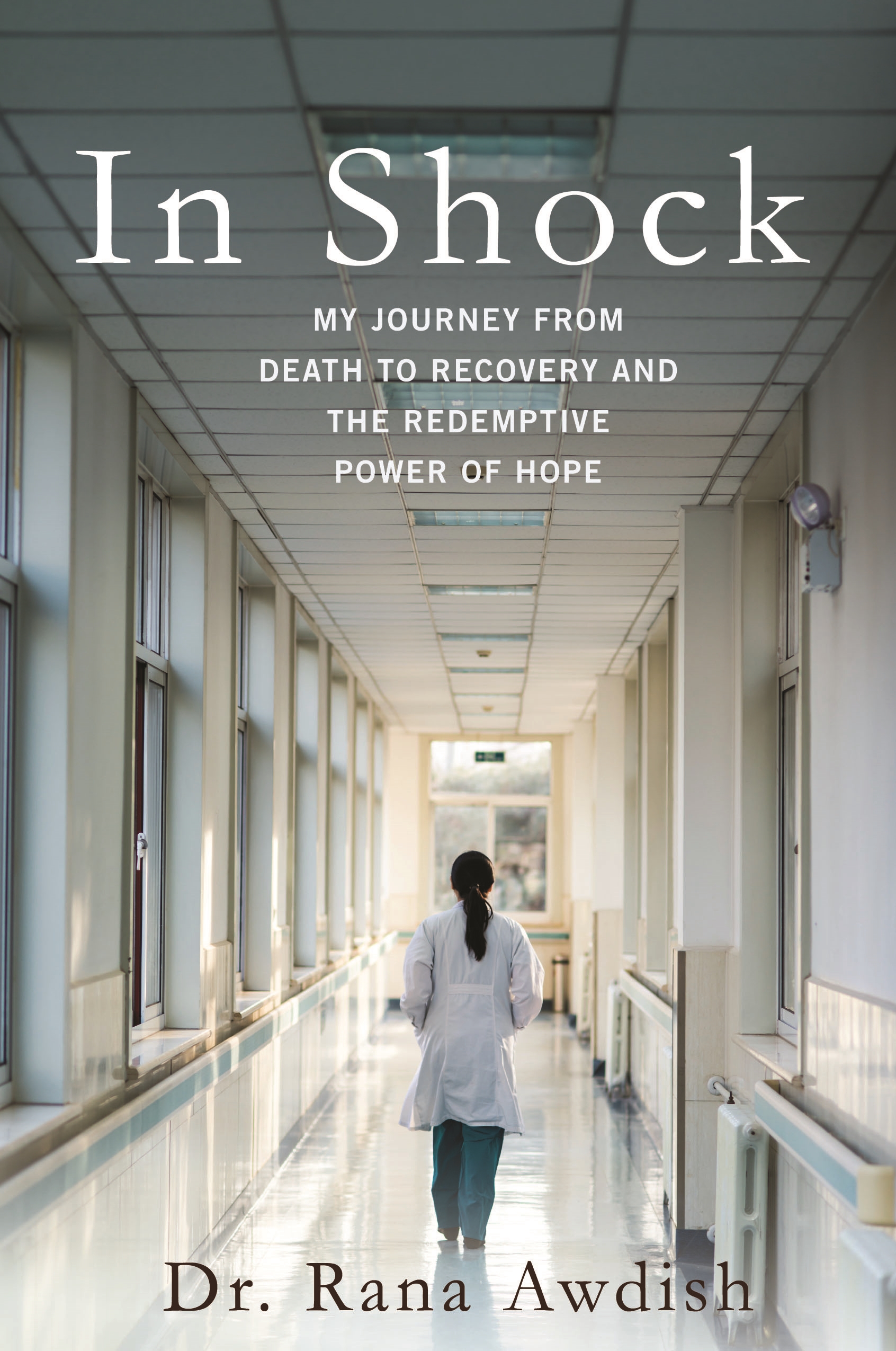



the honest exchange of informationĭuring another memorable incident while Dr. Awdish ultimately returned to work as an attending and educator, she reminded her residents and students about the importance of their words. Awdish calls the “subconscious construction of a narrative in which the doctor-patient relationship is somehow antagonistic.” The house staff would regularly frame their shift as the battles they waged against patients working against them as if they wanted to die. If my care team didn’t believe in me, what possible hope did I have? I felt the ice I was balancing on detach and begin to float me away.” (pp. And though I might not have had a lucid enough mind to articulate it, by blaming me, I felt he was positing me as an adversary. Though perhaps not manifest by outward appearances, I was trying desperately not to die. “No, I was not actually trying to die on anyone. In the ICU, she overheard her case being discussed by the surgical resident during morning rounds. She particularly came to loathe the very common dialogue that the medical staff uses towards their patients that portrays them as adversaries. Awdish laments later that these might have been the last words she heard on this earth. You know I can hear you, I thought.” (pp.

Words echoed, or were they repeated this time? As she was rushed into surgery while internal bleeding caused very low blood pressure, she heard the frantic voices of the anesthesiologist and surgeons: On numerous occasions she overheard the house staff and attending talking about her in the most unflattering way. Awdish starts having respiratory distress and must pull the code blue cord on herself! If this story doesn’t shake one to the core, nothing will. At one point, when the ICU nurse leaves her lying flat while she has to leave the room, Dr. Awdish alerted the nurses and physicians to her own level of pain and disability, she was summarily dismissed.


 0 kommentar(er)
0 kommentar(er)
